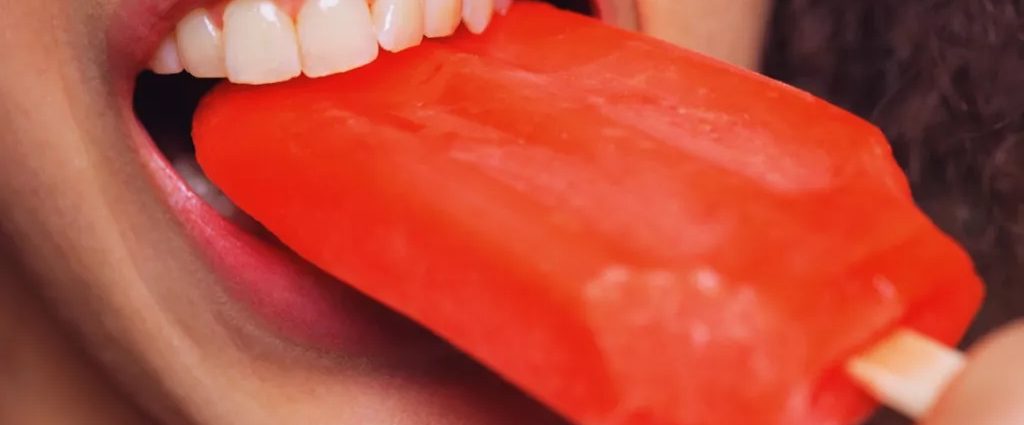Here’s what causes tooth sensitivity and what you can do about it.
For people with tooth sensitivity, eating or drinking certain substances or those at certain temperatures causes discomfort or pain in their teeth. At least 40 million adults suffer from sensitive teeth in the United States, according to the Academy of General Dentistry.
The pain is often sharp and sudden, but it is temporary. Tooth pain occurs when stimuli, such as hot and cold, reach a tooth’s exposed nerve endings, according to the Cleveland Clinic. Fortunately, sensitive teeth can be treated, and the condition can improve.
There are no at-risk groups for tooth sensitivity. It can happen to anyone, according to Dr. Margaret Culotta-Norton, a dentist in Washington, D.C. and former president of the D.C. Dental Society.
“The most common symptom … is a sudden, sharp flash of pain when teeth are exposed to air, cold, sweet, acidic or hot foods,” Culotta-Norton told Live Science. Some people may also experience tooth sensitivity from brushing or flossing their teeth.
Tooth sensitivity generally results from a layer of the tooth called dentin being exposed. The outside of each tooth is normally covered by a hard outer layer, called enamel or cementum, which protects that dentin — the softer, inner layer of the tooth. Enamel protects the crown, the part of the tooth that’s visible above the gum. Cementum covers the dentin surrounding the root, the pointy part of the tooth that extends into the jaw bone, according to the American Dental Association. The gum also protects the root. If the enamel or cementum gets worn down or if the gum line has receded, then the dentin becomes exposed. “Cavities, cracked teeth, gum recession, enamel and root erosion all cause dentin to be exposed,” Culotta-Norton said. “Dentin is connected to the nerve that triggers pain in sensitive teeth.”
Dentin contains thousands of microscopic tubules, or channels, leading to the tooth’s pulp, according to the Academy of General Dentistry. When exposed, these dentinal tubules allow heat, cold or acidic substances to reach the nerves inside the tooth, causing pain, according to the Cleveland Clinic. Pain is the only type of response that the nerves inside teeth have, Live Science previously reported.
According to the Cleveland Clinic, some factors that contribute to sensitive teeth may include:
- Brushing too hard or using a hard-bristled toothbrush. This can wear down enamel, causing dentin to become exposed, or encourage gum recession.
- Gum recession. This often happens in people suffering from gum disease, including gingivitis. Gum recession exposes the dentin.
Cracked teeth. Cracks can become filled with bacteria from plaque and cause inflammation in the pulp of the tooth. In more severe cases, it may lead to abscess and infection. - Teeth grinding or clenching. This can wear down enamel.
- Plaque buildup.
- Long-term use of mouthwash. Some over-the-counter mouthwashes contain acids. If dentin is exposed, the acids can worsen existing tooth sensitivity and further damage the dentin layer. There are neutral fluoride mouthwashes available that might be a better option.
- Acidic foods. These can encourage enamel reduction.
- Dental procedures. Teeth may be sensitive after professional cleaning, root planing, crown replacement and other procedures. Usually the pain will disappear in four to six weeks.





















